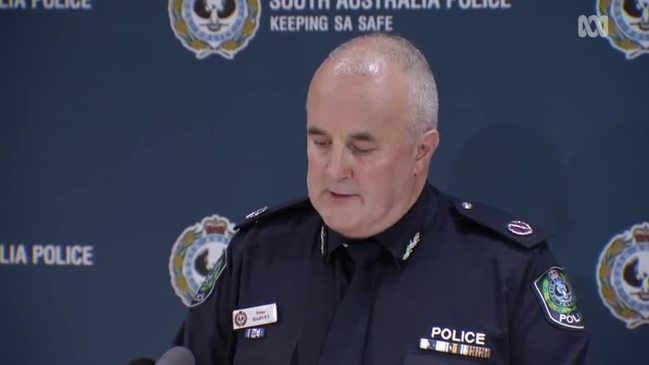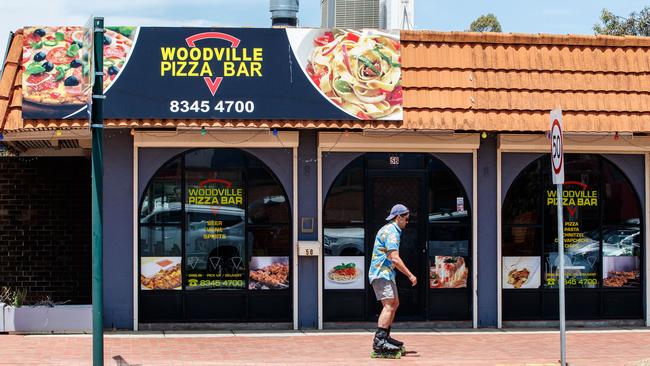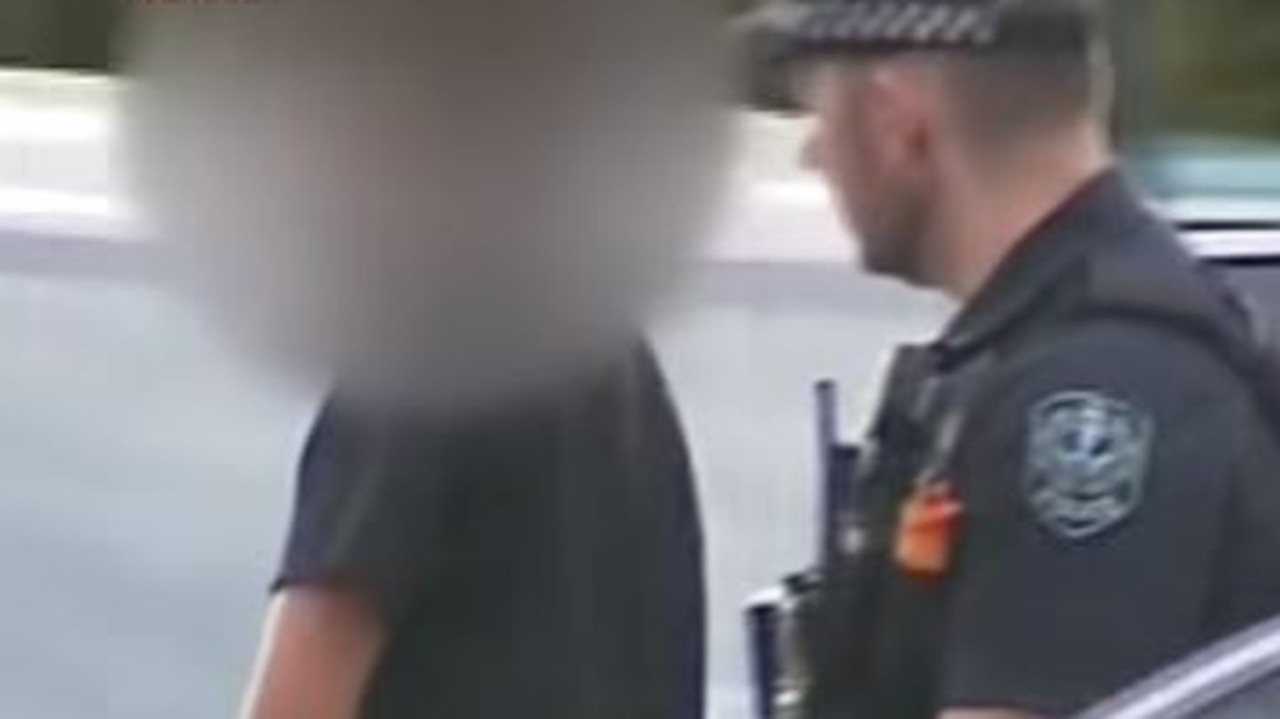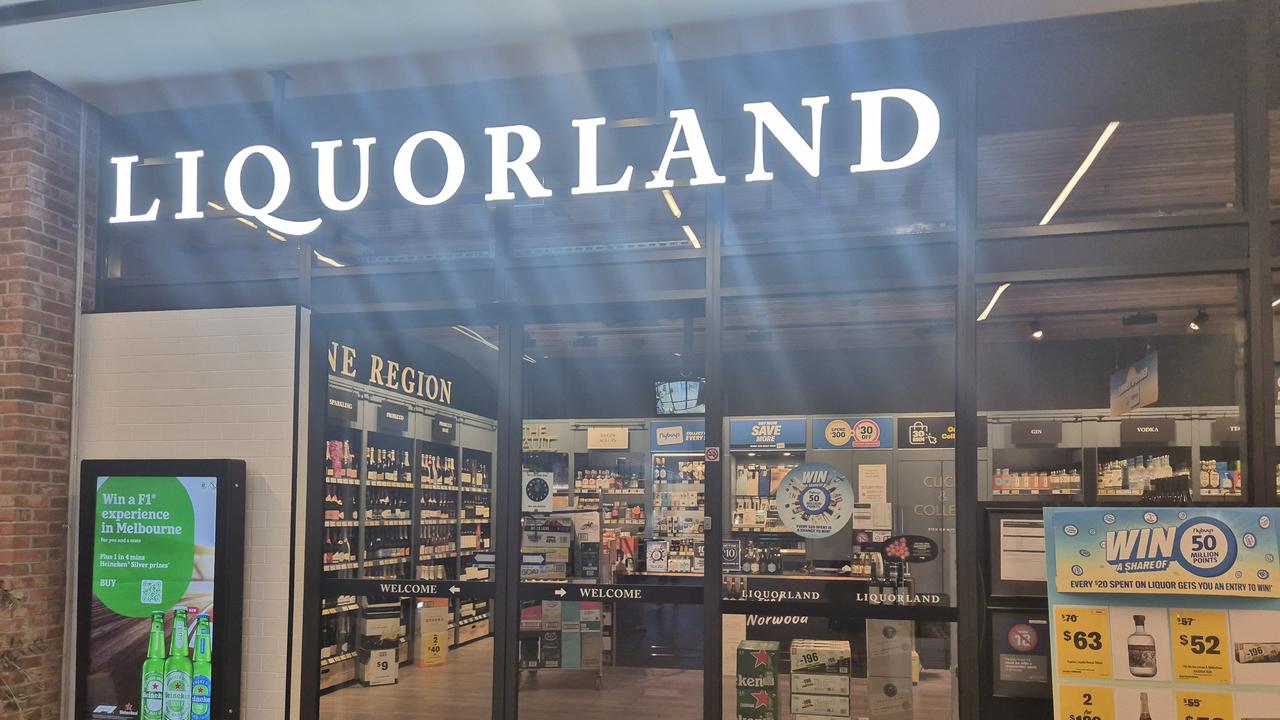Prof Nicola Spurrier says interview with pizza bar worker was confidential, could not be given to police
SA’s top health official has explained why she wouldn’t give police the interview with a pizza bar worker whose alleged lie sparked the SA lockdown.

Police & Courts
Don't miss out on the headlines from Police & Courts. Followed categories will be added to My News.
The state’s COVID health chief has defended not passing details to detectives details of a “privileged” interview between a pizza bar worker and her contact tracing team.
A police task force, which had up to 36 of the state’s most experienced detectives working for it, this week found it could not charge the Spanish national over his “misleading” interview.
SA Health claimed privilege over the man, 36, who also worked as a kitchen hand and dishwasher through an agency at the Stamford medi-hotel, and refused to hand over any details or records.
Both Premier Steven Marshall, who publicly accused him of lying, and Health Minster Stephen Wade are disappointed that no punishment has occurred.
Initial investigations concluded his first conversation with contact tracers was misleading but there was insufficient evidence to successfully prosecute.
The man’s lawyer has refused to say if his client lied. The married man remains in hiding and is considering legal action against the government.

Officials say while laws could change, the ethical obligations remained for contact tracers, who are treated in a similar way to doctor or medical staff, to protect patient confidentiality.
Speaking publicly for the first time since the decision, chief public health officer Professor Nicola Spurrier said the ethics about patient confidentiality was clear and didn’t need debating.
She said neither Mr Marshall or Mr Wade ordered her to hand over the interview to police.
She said international research showed contact tracers needed “a very, very good relationship with people”.
“We have to be acting in the same way as a doctor treat their patient and developing that relationship and partnership,” she said.
“And so I think people will understand that when you share confidential information with your doctor, you’re not expecting that to be given up.
“We have got, you know that something really enshrined in the ethics of the practice of public health medicine as well.”
She added: “That being said, if there is in a circumstance, a situation where we need to divulge that information for the greater good – because there’s going to be significant impact on public health – then we would do so.
“But in this particular situation it was our belief, our strong belief that it wasn’t necessary.
“So I want to say to people (is) please remain confident that when our contact tracers are getting that information from you, that it will be treated with that same degree of confidentiality.”
Police Commissioner Grant Stevens said officers were “pragmatic” about people lying while there are mechanisms to help people remember details.
“My advice to the community is to support contact tracing efforts, because it is in your best interests and it is in the best interest of the people you care about and the wider community,” he said.
“I think when you live in the community, you will have you will always have people who don’t do the right thing, that’s why we have the police but we deal with it.”



